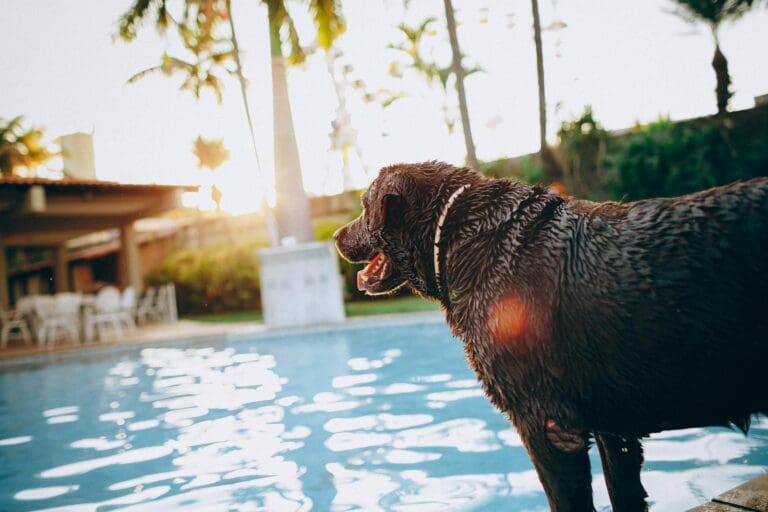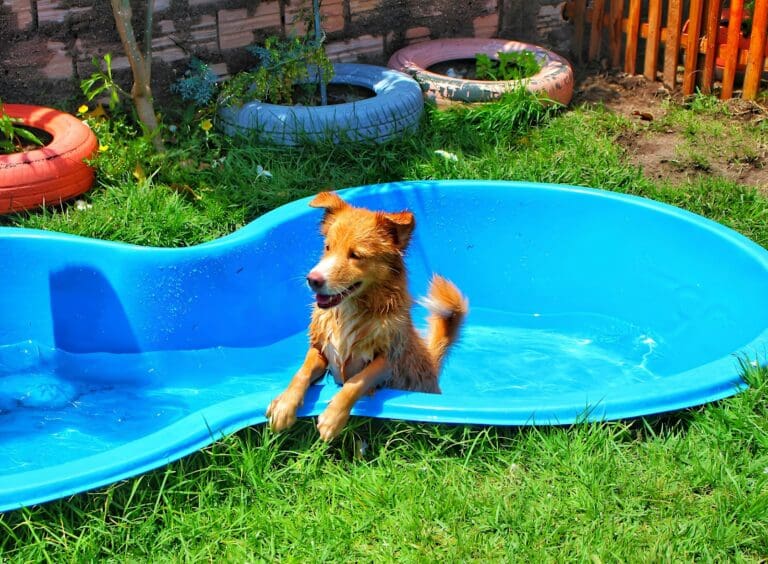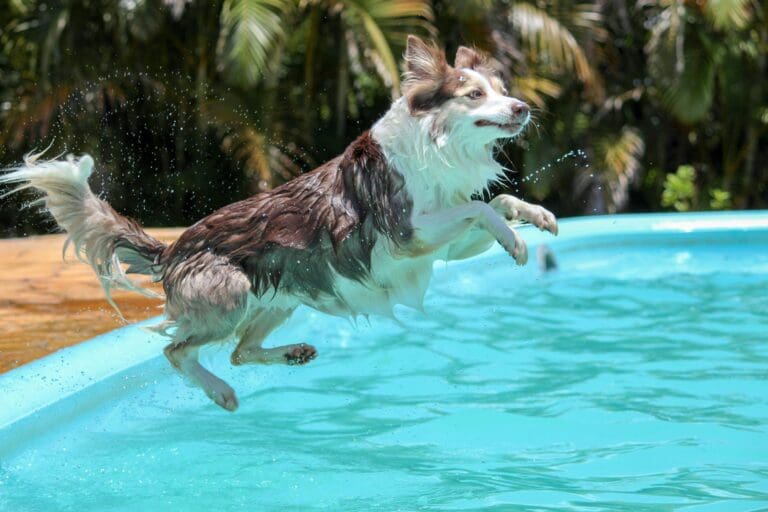Your furry friends can’t tell you what’s making them sick. It’s your responsibility to keep an eye out for dangerous materials and keep them away from your pets. Here are ten household items you shouldn’t use around your cats or dogs.
Tylenol and Generic Versions
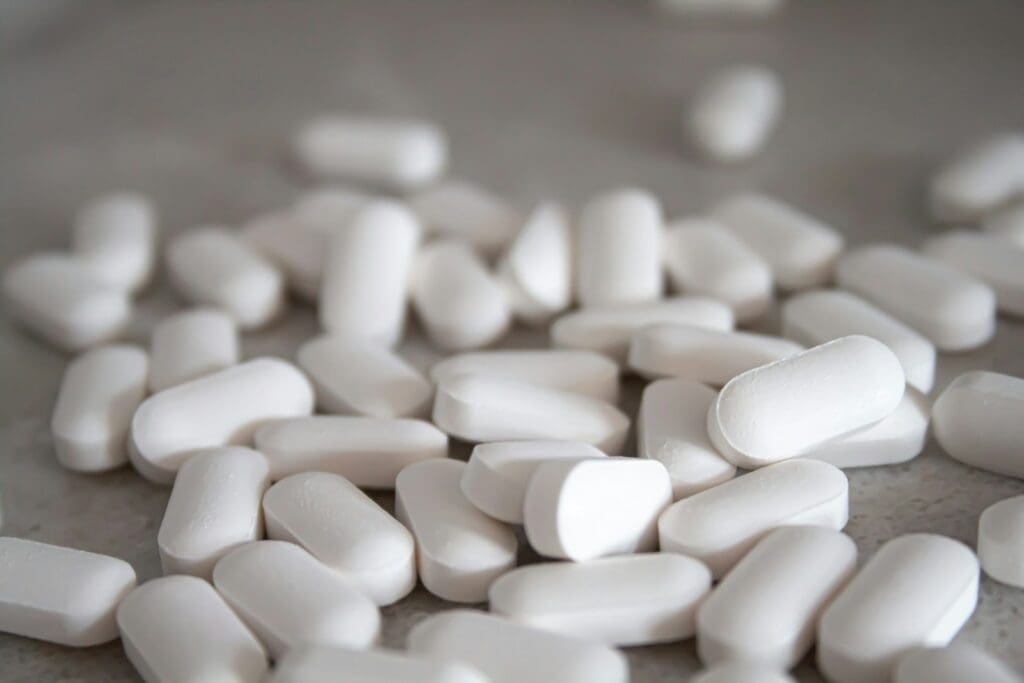
Tylenol and other aspirin-free pain medications are bad for cats and dogs. Don’t let them ingest any medications based on acetaminophen, as they can cause swelling in the face and paws. Cats, in particular, are very susceptible to negative health effects from Tylenol and its generic variants.
Batteries
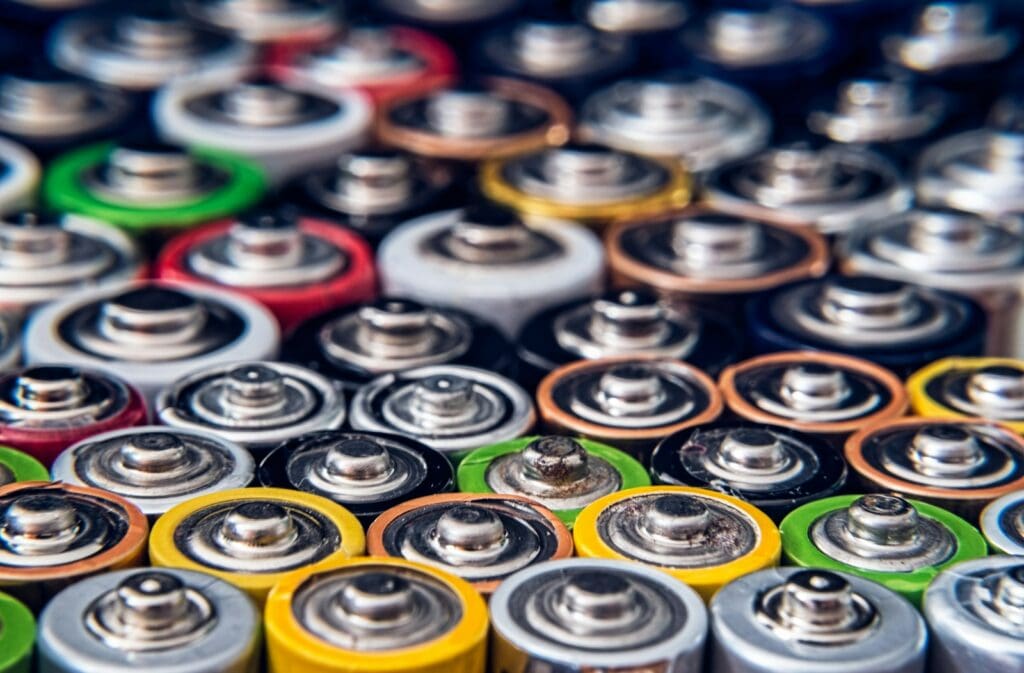
Stash your batteries away safely where your pets can’t find them. Dogs are more likely than cats to find and chew on batteries, but it’s still a good idea to put them away carefully. If you think your animal may have ingested battery acid or the battery itself, you need to get them to the vet immediately.
Chocolate

Thankfully, most people know that chocolate is terrible for cats and dogs so owners know better than to offer this sweet treat to their pets. Caffeine and theobromine, both present in chocolate at varying concentrations, are toxic to cats and dogs but harmless in humans.
Raisins/Grapes

Grapes are a bit of a medical mystery when it comes to cats and dogs. For reasons that vets don’t understand well, this sweet fruit can cause kidney failure in pets. Stranger still, some cats and dogs can have large numbers of grapes with no problem and others can eat a single grape and fall seriously ill. It’s best to avoid finding out for yourself. Keep the grapes and raisins far from your pets.
Ibuprofen
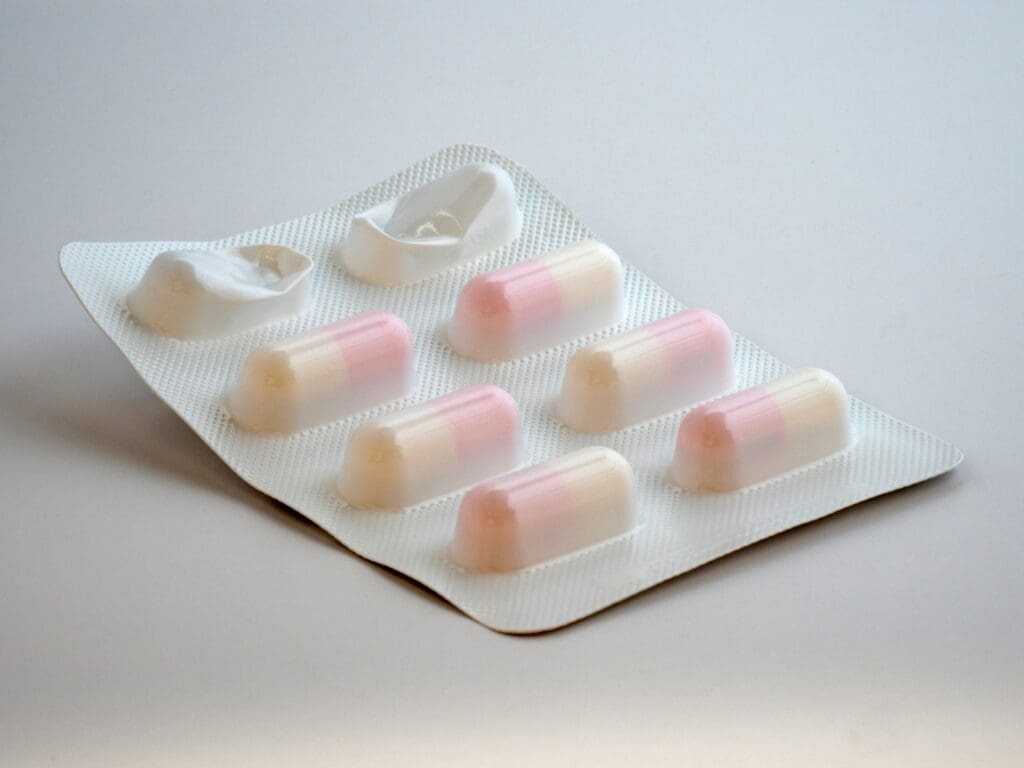
Like Tylenol, ibuprofen is a common pain medication. And, just like Tylenol, you should keep it far away from your furry four-legged pals. In high concentrations, this medication can lead to serious kidney damage. Even in small doses it can make your pets really sick, afflicting them with intestinal problems. Keep ibuprofen high up and out of reach of any curious paws.
Bread Dough
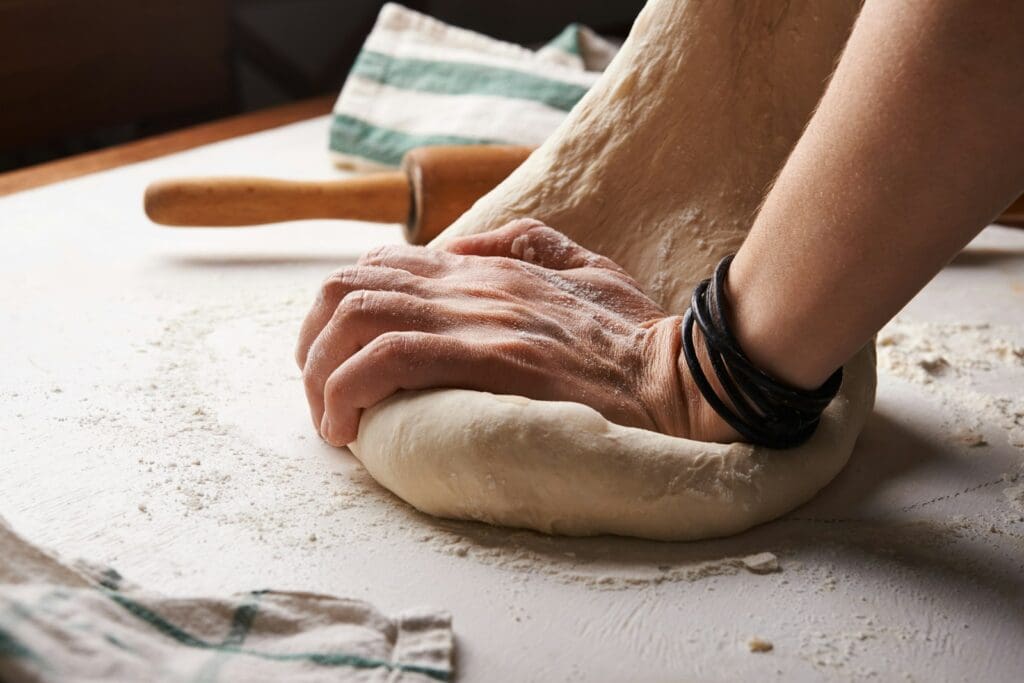
Bread dough might seem innocuous enough, but you need to keep it well away from your cats and dogs. If you’re baking a batch of bread, don’t let your pets try the dough: it can block their gastrointestinal tract and can lead to “drunken” behavior from your animal. That’s because, in the stomach, bread dough releases ethanol and can cause serious illness.
Cigarette Butts

Don’t let your cat or dog get anywhere near cigarette butts. For one thing, you shouldn’t smoke inside because it’ll mess up your walls and furniture and expose your pets to harmful secondhand smoke. Moreover, if your cat or dog eats cigarette butts from your ashtray, they can get ill from the amount of nicotine they’re ingesting!
Mushrooms
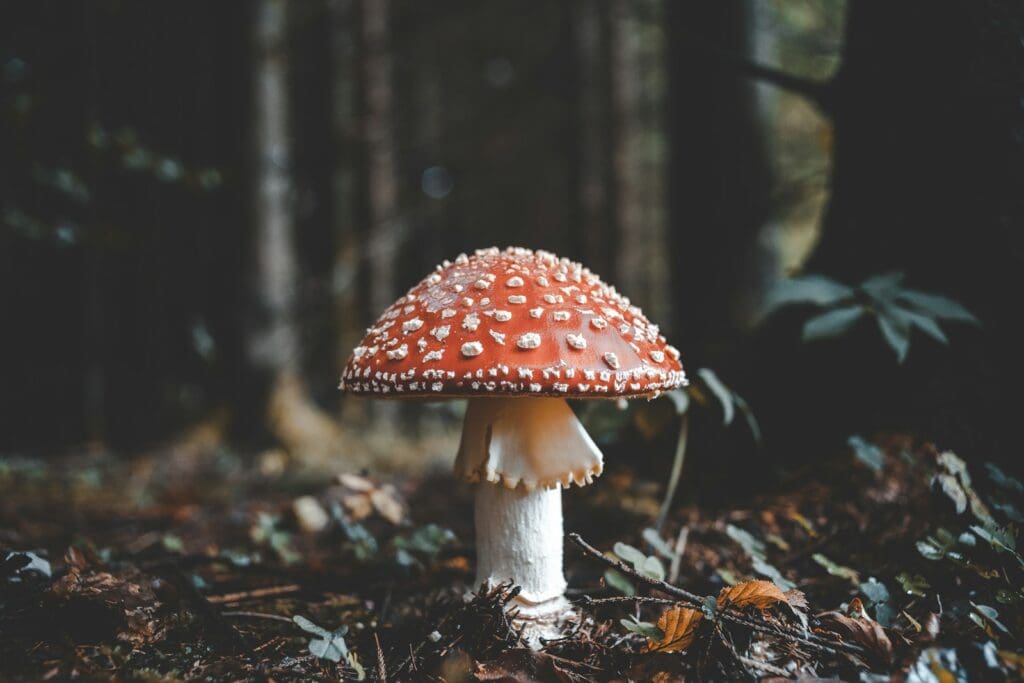
Mushrooms might be super tasty when grilled, but humans are careful about selecting mushrooms that are edible. Cats and dogs might be interested in the ones you’re cooking or mushrooms they encounter in the backyard. Don’t let them have either, though! Mushrooms can make your pets very sick even in small doses.
Read More: Common Dog Behaviors and What They Mean
Toilet Water
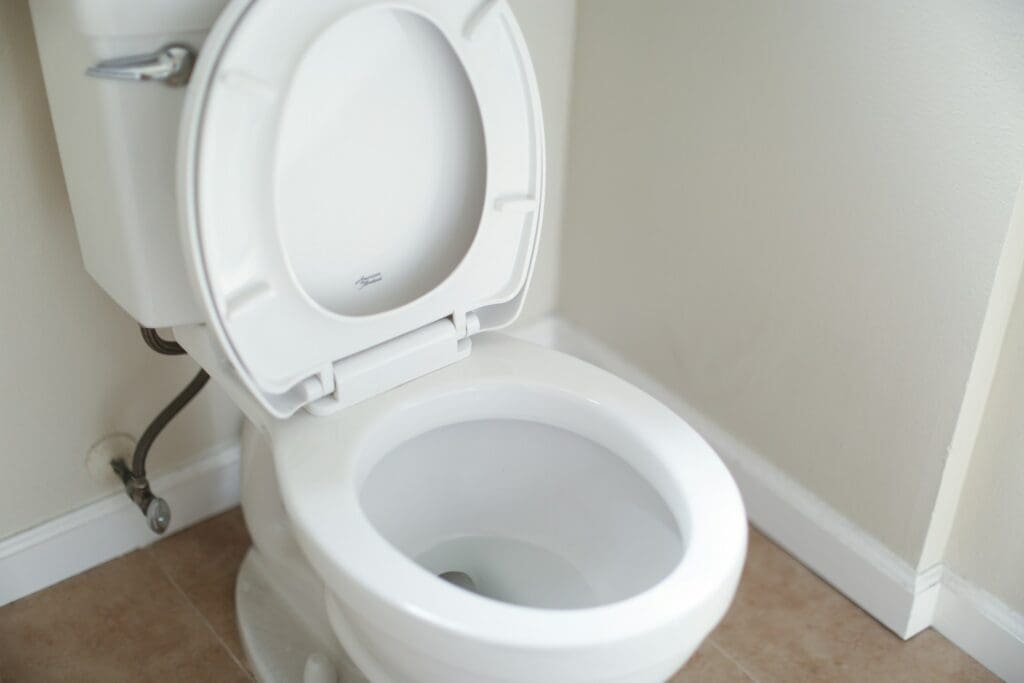
Naturally, you shouldn’t let your pets drink from the toilet bowl, no matter how clean you keep it. In fact, the cleaner it is the worse it could be for them: think about how many chemicals you use to clean your toilet bowl. If your pet ingests those, it can cause serious problems for their health! Of course, if you haven’t cleaned your toilet recently, you shouldn’t let your pets drink from there for a different reason entirely.
Read More: Common Foods That Are Toxic to Cats
Xylitol
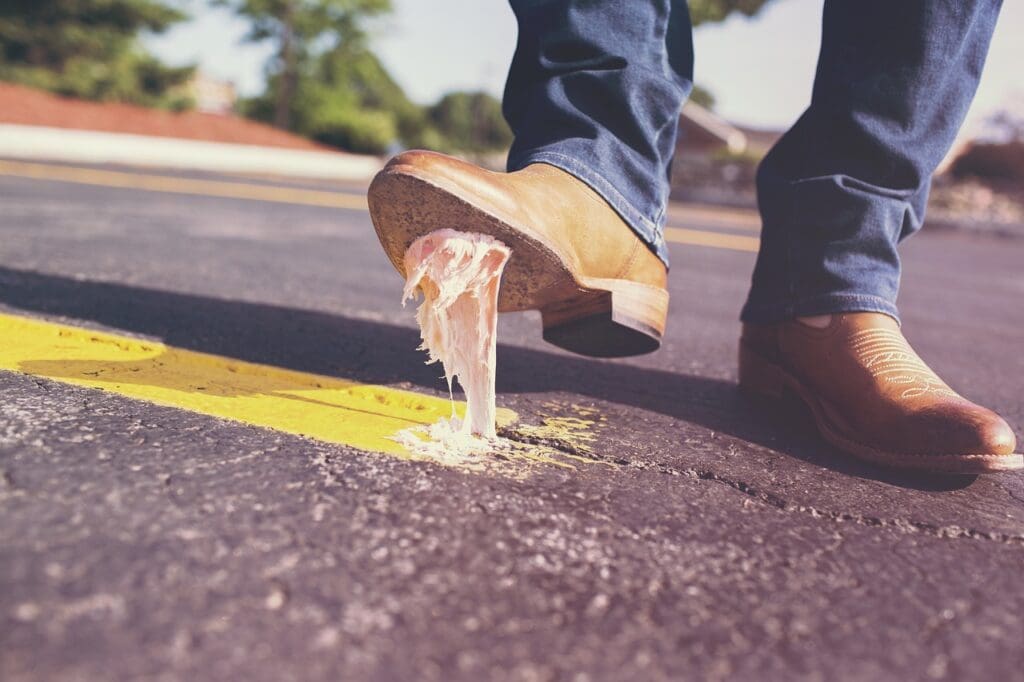
Xylitol is a sugar substitute that shows up in many dessert items and sugar-free gum brands. It’s very harmful to cats and dogs, too! It can cause lethargy, low blood sugar, and even liver failure. If you think your pet may have been exposed to xylitol, you need to get them to the vet immediately.
Read More: 10 Common Foods to NEVER Give Your Dog


